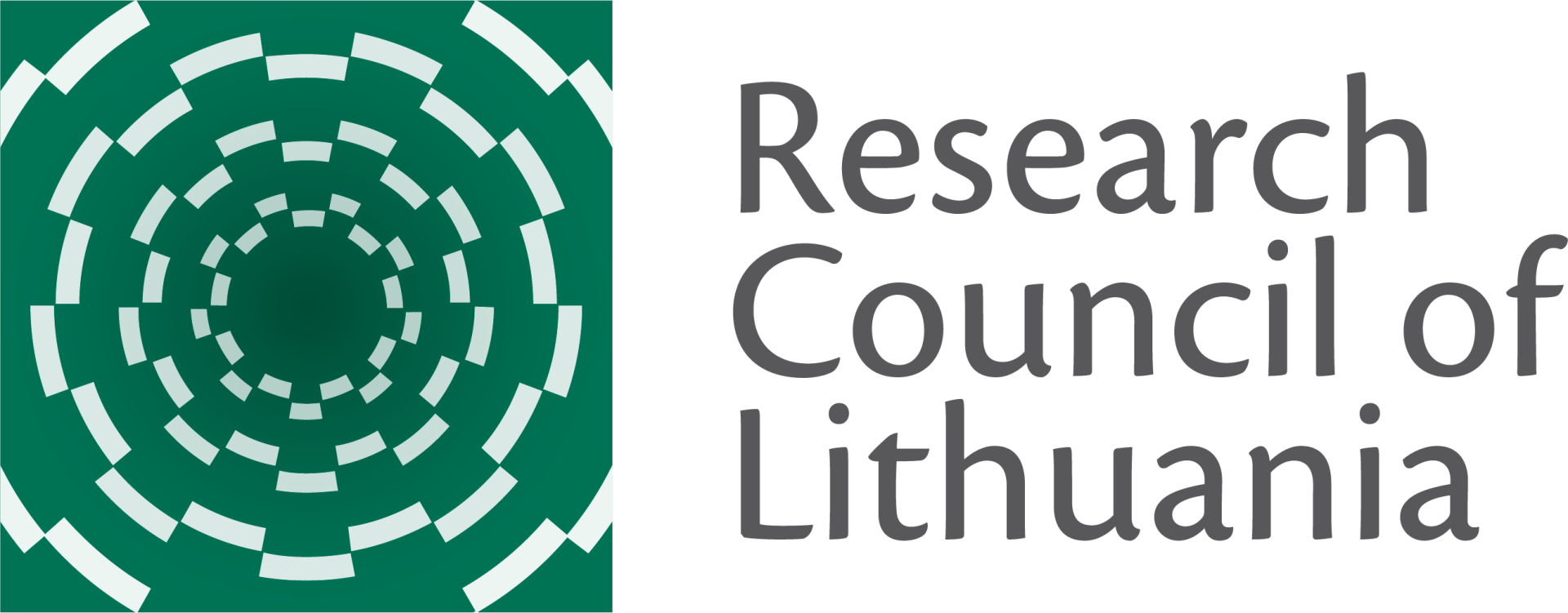Project idea
Tyrimu siekiama įvertinti sudėtingus skaitmenizuotos propagandos ir dezinformacijos mechanizmus, daugiausia dėmesio skiriant operacijai „Doppelganger“ kaip Rusijos skaitmenizuotos propagandos atvejui. Pasitelkiant algoritmus, internetinius tinklus ir automatizavimą, šios operacijos metu dezinformacija skleidžiama žiniasklaidoje ir socialiniuose tinkluose, siekiant pakenkti demokratiniams procesams ir manipuliuoti viešąja nuomone. Tyrimu siekiama įvertinti automatizacijos mastą Rusijos propagandos ir dezinformacijos kampanijose, šiai automatizacijai naudojamas priemones ir metodus, manipuliavimą dirbtinio intelekto galimybėmis ir iš to kylančias grėsmes. Taikant Haroldo Lasswello komunikacijos proceso modelį ir RICH DATA schemą, siekiama visapusiškai išanalizuoti operaciją „Doppelganger“. Tyrimo rezultatai padės stiprinti visuomenės atsparumą tokioms grėsmėms, kuriant veiksmingas kovos su skaitmenizuota propaganda ir dezinformacija priemones bei priimant savalaikius viešos politikos sprendimus.
____
This research aims to dissect and understand the complex mechanisms of computational propaganda and disinformation, focusing on the "Doppelganger" operation as a case study of Russian computational propaganda. By leveraging algorithms, online networking, and automation, this operation exemplifies how misleading information is spread across the internet and social media to undermine democratic processes and manipulate public opinion. The research objectives include assessing the extent of automation within Russian propaganda and disinformation campaigns, analysing the tools and methods used for this automation, evaluating the threats these tools pose, and examining the role of artificial intelligence. Through applying Harold Lasswell's communication process model and the RICH DATA framework, the project seeks to comprehensively analyse the "Doppelganger" operation, aiming to enhance societal resilience against such threats by developing effective countermeasures and offering policy recommendations.








